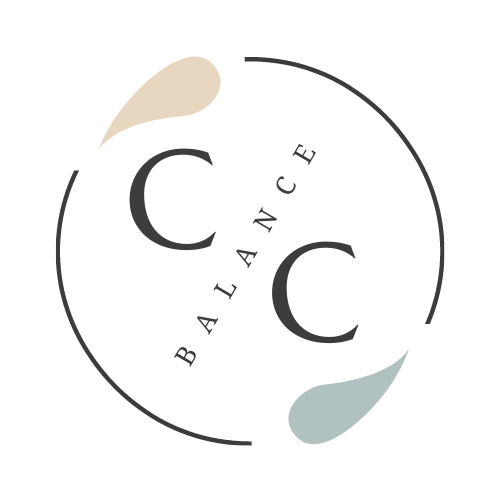MEN HAVE HORMONES TOO!
When we talk about hormones, we automatically think of women’s hormones, their cycle, and all of the health issues we hear about from hormonal imbalances. However, we must not forget that men have hormones too!
Testosterone, the dominant hormone in men, is produced in the testes but the hormone cascade starts in the brain. The pituitary gland and the hypothalamus are major glands that control hormone production, and in men, they control the production of testosterone and sperm.
What is testosterone mainly responsible for?
Changes associated with puberty (deepening voice; the appearance of facial and pubic hair)
Changes associated with aging (specifically male-pattern baldness)
Muscle size and strength
Bone growth and strength
Sex drive (libido)
Sperm production
In contrast to the female hormone cycle which fluctuates over a 28-day period, male testosterone levels fluctuate on a 24-hour cycle, meaning hormone levels dip and rise regularly every single day. Normally, testosterone production is highest in the morning, plateaus in the afternoon, and falls in the evening to late-night hours.
How does testosterone impact cognition and mental health?
Testosterone isn’t just involved in sexual performance and the reproductive system. It also plays an important role in the actual structure of the brain as well as cognitive ability and overall mental health.
Men typically experience a gradual decline of testosterone – starting around ages 40–50 – unlike women who experience perimenopause and menopause, during which hormones drop precipitously over a short time. This gradual decline in men can make pinpointing low testosterone as the main culprit for any or all of the below symptoms difficult, as many external factors can contribute to these general ailments.
When testosterone is lower than normal – whether one is aging or not – some of the possible mental health symptoms include:
Mood swings
Memory loss
Irritability
Impulsiveness
Stress
Anxiety
Depression
There is little research that conclusively states that low testosterone increases the risk for mental health disorders, However, some studies have shown correlations between testosterone levels and impaired mental health behavior, such as symptoms of anxiety and depression.
Because testosterone is involved in many bodily functions and processes, lower than normal testosterone levels can have physical effects on the body, in addition to mental and emotional effects.
Physical symptoms of low testosterone include:
Decreased libido
Erectile dysfunction
Hair loss
Fatigue
Sleeping difficulties
Decreased muscle mass
Increased body fat
Loss of bone mass
Just as the mental and emotional symptoms of low testosterone can be attributed to external diet and lifestyle factors, physical symptoms can, too. For proper hormonal balance, it’s key for men to focus on engaging in healthy lifestyle behaviors, such as exercising, not smoking and/or drinking excessively, and fostering positive relationships, as well as eating a balanced diet focused on whole foods.
How Health Coaching can help men balance their hormones and lead a healthier life
Health Coaches help clients reach their health goals by providing support and accountability. We facilitate dialogue with clients to understand their unique body and health needs, which can include how their hormones are impacted by the foods they eat and the behaviors they engage in.
Men also want to feel confident in their bodies, increase their energy, and enhance their mental well-being.
